Qualifications, regulations, even staffroom mugs set school music teachers apart from instrumental tutors. But, in the first part of a series originally published in 2011, pedagogue Philippa Bunting asks: is there really any difference?
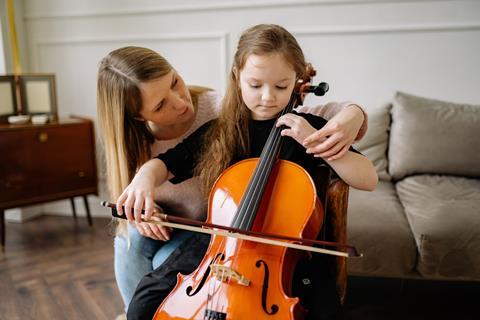
Discover more Featured Stories like this in The Strad Playing Hub.
This article was first published in the September 2011 issue of The Strad
Imagine you are a UK conservatoire graduate, five years out of college, applying for a mortgage. You gaily skip through the first part of the form: name, address, phone number, date of birth, and so on. Suddenly you hit a box marked ‘occupation’. And you stop.
You have a fine example of a portfolio career: freelancing, orchestral work, chamber music, and some teaching to make up the shortfall left by the first three. You know that putting ‘musician’ in that box is going to cost you money, so you look to the other side of your life.
‘Violin teacher’? Inside the profession it might be a badge of honour, but does it not sound flaky from the outside? Particularly since you are part-time. And officially unqualified.
‘Instrumental tutor’? It’s a longer word, and more impressive. But you prefer ‘teacher’, don’t you?
‘Music teacher’? Now that does sound good: reliable, professional, solid. So why not just put that?
’But I’m not really a music teacher,’ says a small voice. ‘Music teachers have professional qualifications, and they work in schools, teaching music as a subject. They are entirely devoted to one institution, performing unsung acts of heroic extra-curricular martyrdom. They have good pensions, space to keep their resources, and a mug in the staff room.’
There are myths at play in the idea of ‘real’ and ‘unreal’ teachers that deserve unpicking
Why the invidious distinction? Qualified and non-qualified – that’s fair enough. You would have noticed if you’d taken a full-time training course, with 120 days of closely supervised teaching practice, and more paperwork than you could believe possible. Like the large majority of instrumental teachers in the UK, you are unqualified. You work at home and in schools, have little or no access to adult company in the workplace, never mind continuing professional development, and you’re almost entirely unregulated.
Many like you who tumbled into teaching in this way are the products of conservatoire courses that, while doing their best to open students’ eyes to the different employment opportunities on offer, are nevertheless driven by the mission to produce absolutely the best performers they can.
But there are other myths at play in the idea of ‘real’ (and presumably ‘unreal’) teachers that deserve unpicking. The first is that ‘real’ teachers work with classes. Apparently, people who work with individuals and small groups only deserve the title of tutor, since ‘real’ teaching must be planned, delivered and evaluated in relation to defined aims and objectives derived from published schemes of work, demonstrating creative uses of technology and blended learning, carefully differentiated activities, and plenty of assessment for learning opportunities.
Read: How useful are Ševčík exercises for violinists, violists and cellists?
Read: Should string teachers embrace the latest fashions and gadgets?
Three thoughts. One: instrumental teachers do a good deal of this already – they just might not know the right words for it. Two: the advent of the UK’s Wider Opportunities music education scheme, and with it large-group instrumental teaching, has invigorated instrumental pedagogy for many of those who have experienced it, and busted a few myths along the way. Three: try telling that to Casals.
Whereas ‘real’ teachers educate holistically, says a sceptical education community, instrumental teachers value narrow technical skills above creative exploration. They insist on drills and repetitive practice in the relentless pursuit of perfection.
It’s the age-old perceived divide between technique and musicianship that is perhaps the real problem. On the one hand you have ‘pure’ musicianship and creativity (fun), and on the other the grubby business of playing an instrument (boring). This chasm is hardwired into children by teachers who genuinely think that it’s right to get all the technique right before you can access the music at all. By which time most pupils have given up.
Of course you need to be able to play effortlessly in order to express the finest nuances of the composer’s intentions, and your own interpretation. But doesn’t that hold true for Boil ’em Cabbage Down too? Is there no pay-off, in terms of musical meaning, until I can play the Tchaikovsky Concerto?
So, back to that form. What are you going to put? In my dreams, I boldly write ‘Music Educator’. But, maybe because I’m English, I’m afraid people will laugh. I’ll settle for ‘music teacher’. In all its richness.
Do you have an opinion on the issues raised in this article? If you would like to get in touch, please email thestrad@thestrad.com
Read: Sound quality should be the main focus of string teaching
Read: How much should instrumental teachers push genuinely talented youngsters?
Discover more Featured Stories like this in The Strad Playing Hub.
This article was first published in the September 2011 issue of The Strad
The number one source for playing and teaching books, guides, CDs, calendars and back issues of the magazine.
In The Best of Technique you’ll discover the top playing tips of the world’s leading string players and teachers. It’s packed full of exercises for students, plus examples from the standard repertoire to show you how to integrate the technique into your playing.
The Strad’s Masterclass series brings together the finest string players with some of the greatest string works ever written. Always one of our most popular sections, Masterclass has been an invaluable aid to aspiring soloists, chamber musicians and string teachers since the 1990s.
This year’s calendar celebrates the top instruments played by members of the Australian Chamber Orchestra, Melbourne Symphony, Australian String Quartet and some of the country’s greatest soloists.

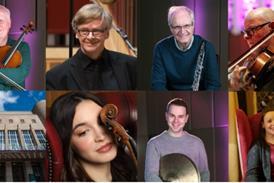

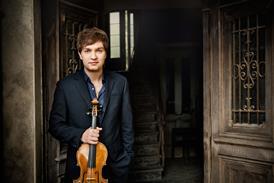

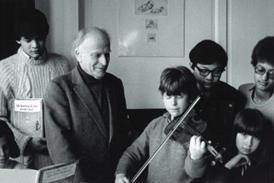



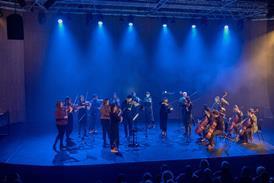
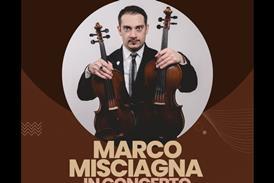

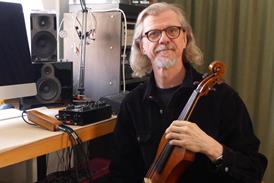
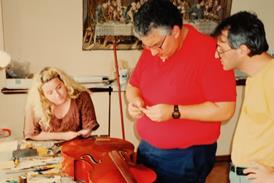









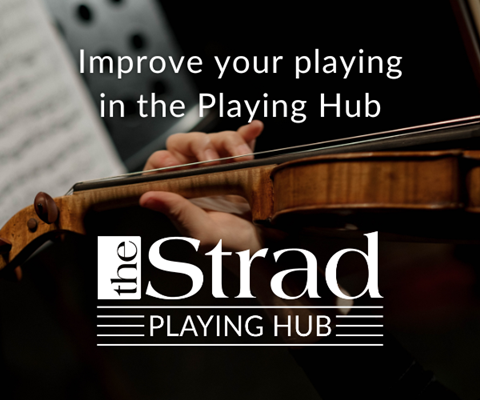


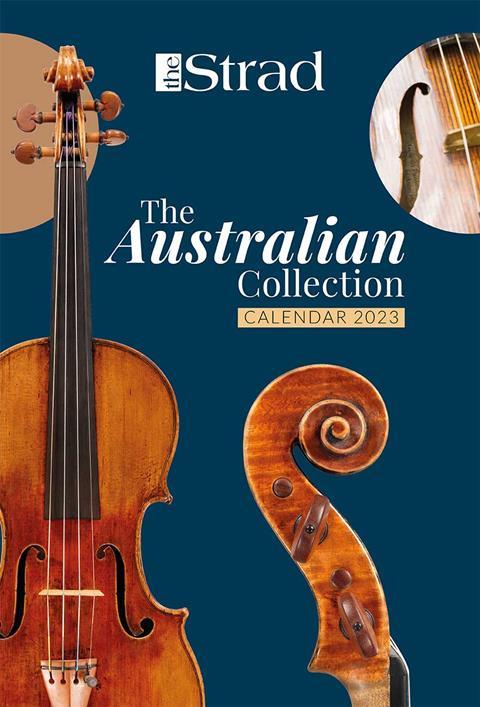






No comments yet